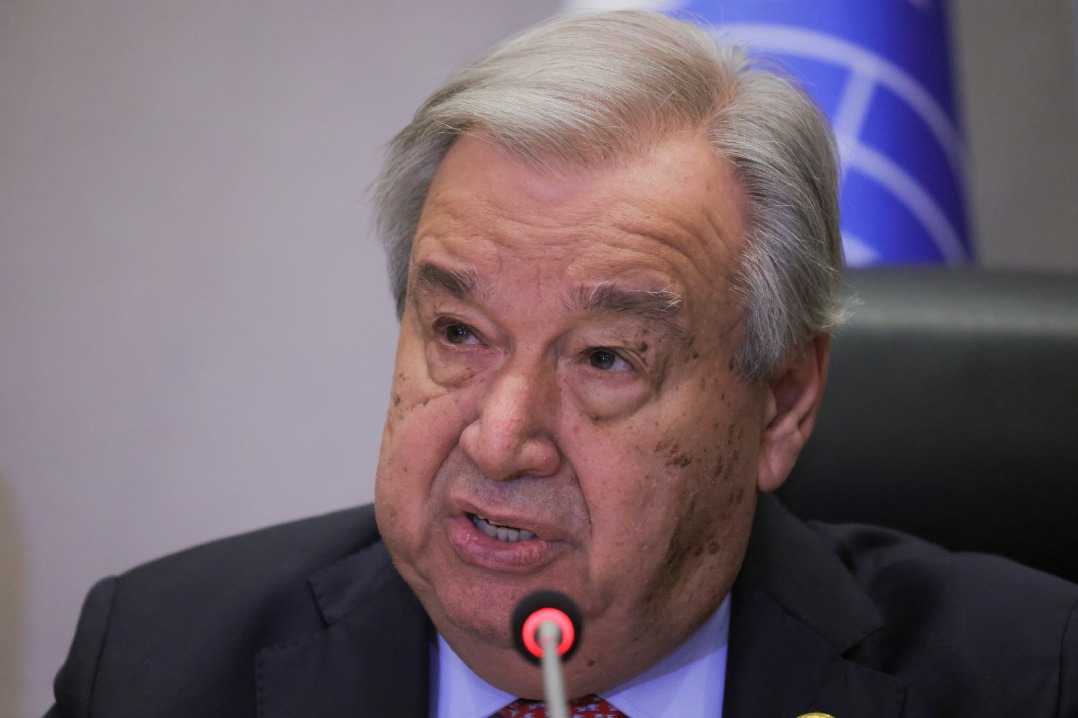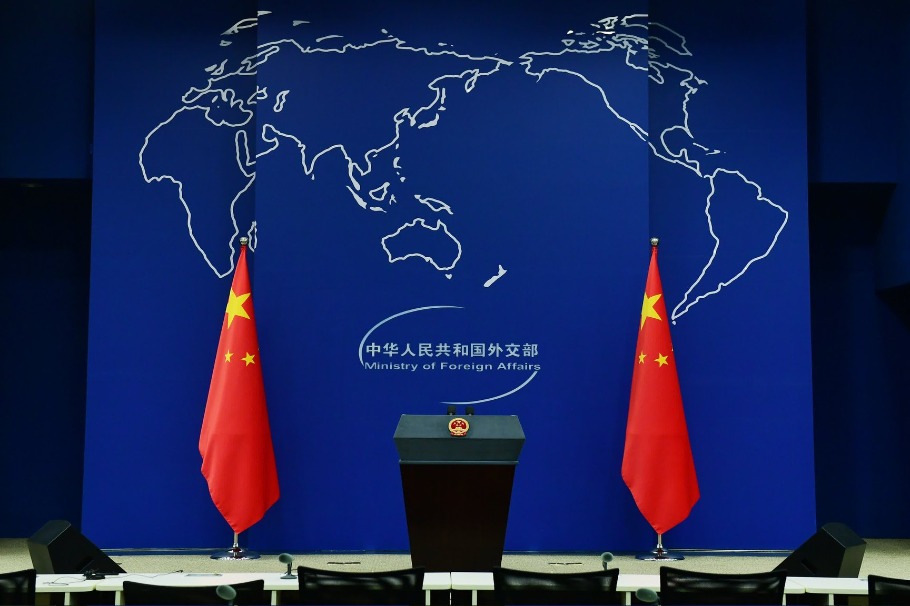New Development Bank set to renew its commitment to sustainable development
Xinhua | Updated: 2023-04-16 14:24

BEIJING/SHANGHAI -- Amid increasing global economic uncertainty, the New Development Bank (NDB) -- under new leadership -- is set to further unleash its potential to support emerging economies and developing countries, and renew its commitment to sustainable development.
The Shanghai-headquartered bank, established by Brazil, Russia, India, China and South Africa (BRICS) in 2015, is aimed at mobilizing resources for infrastructure and sustainable development projects in BRICS and other emerging economies.
Dilma Rousseff, a well-known Brazilian politician and economist, on Thursday assumed office as the president of the multilateral institution. The former president of Brazil is expected to build upon the achievements of her predecessors and write a new chapter of South-South cooperation and global sustainable development.
In an interview with Xinhua, Rousseff said investing in infrastructure development, addressing social inequality, curbing climate change and meeting sustainable development goals will be the priorities during her term of office, while emphasizing the importance of local currency for financing.
The new NDB president said the bank can make contribution to fighting climate change and meeting the sustainable development goals, for instance, by investing in alternative energy sources.
The bank's 2022-2026 General Strategy, approved by the board of governors last year, aims to provide $30 billion over the next five years. Over this period, the bank will expand operations with the private sector, multiply development impact and direct 40 percent of its approvals to climate change mitigation and adaption.
"As a former President of Brazil, I know the importance of the work of multilateral banks to support developing countries, particularly the NDB, in addressing their economic, social and environmental needs," Rousseff said at her inauguration ceremony in Shanghai Thursday.
Brazilian President Luiz Inacio Lula da Silva, who attended Rousseff's inauguration ceremony during a state visit to China, expressed his confidence in the bank's promising future under the new leadership.
The bank has the qualities to become one of the largest banks for Southern countries, and has great potential in improving the situation of developing countries, Lula said.
With a seven-year-plus history, the bank has evolved from a start-up to a major provider of development solutions, with its project portfolio featuring investments in areas such as clean energy, urban mobility, water, sanitation, transport, social and digital infrastructure.
In July 2016, about one year after starting operations, the bank made its inaugural bond issuance -- a green financial bond denominated in the Chinese currency renminbi (RMB) or yuan, worth of 3 billion yuan (449 million dollars). It was sold in China's Interbank Bond Market.
Hailing the issuance as a milestone for the multilateral development bank, former NDB president K.V. Kamath said that it may help boost sustainable development and that it will support more clean and renewable energy use to reduce carbon emissions.
So far, the bank has approved 99 loan projects totaling more than 34 billion dollars, providing strong support for infrastructure construction and sustainable development of emerging markets and developing countries, Chinese Foreign Ministry Spokesperson Mao Ning said at a daily news briefing in late March.
BRICS, which is home to over 40 percent of the world's population and accounts for about a quarter of the global economy, pursues openness, inclusiveness and win-win cooperation, as is demonstrated in its efforts to expand the NDB family.
In 2021, the bank initiated membership expansion and admitted Bangladesh, Egypt, the United Arab Emirates (UAE) and Uruguay as its new members, adding over 280 million people that can benefit from the bank's mission and strengthening the bank's global outreach.
Egyptian economics professor Fakhri al-Fiqi, also head of a relevant parliamentary committee, stressed that the bank is expected to become "a global financing platform," especially for developing and emerging economies, which means that the door is open for emerging economies to join it and contribute to raising its capital.
"The New Development Bank is the product of a partnership among BRICS countries with a view to creating a world with less poverty, less inequality and more sustainability," which is very different from the traditional banks dominated by developed countries, said Lula.
"For a long time, developing countries have had a dream to create their own investment and financing tools. The New Development Bank has realized such a dream, for it really knows what developing countries need and where they need to invest," he said.
























